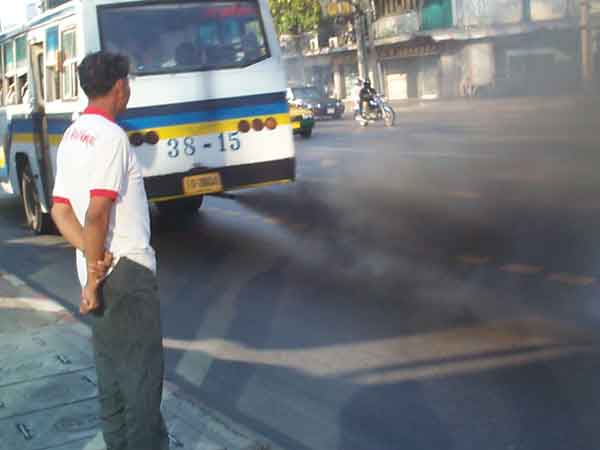Gone are the days when you had to queue up in a long line at end of every quarter to get your emissions levels checked. The good news arrives for all those who have bought any new vehicle after March 31st, 2010. Although the laws for emissions still continue to be inflexible requiring strict compliance of all vehicles with the Bharat Stage 4 (BS4), the road transport and highway ministry has extended the validity period of Pollution Under Control (PUC) certificated up to one year.
However, vehicles that were registered prior to 1st April, 2010 will have to continue getting their emissions level checked in every three months. As per the current data, around 14 lakh vehicles will be affected by this new law. The law will come in effect from 23rd February, 2013. An official notification was passed by the government just an year ago on 23rd Feb 2012 and Government that time granted one year to all state administrations for updating their pollution and emission checking equipment.
As per the Delhi transport department official word, earlier anybody buying a new car or two wheelers didn’t needed to get PUC certificate in 12 months after the purchase. Post that, they needed to get their emission levels checked at an interval of three months. The PUC validity period in other states however was six months.
As quoted by a senior official of transport department, “With the government likely to link the PUC certificate with annual vehicle insurance cover, there is likely to be more people abiding by the law”. He also added that all pollution control offices have been instructed to work in accordance with new rules.
The new charges and fine that will be applicable according to new law are: for bikes and Auto – Rs.35, for Passenger cars that are running on CNG, Petrol, and LPG – Rs.45, and for Diesel cars the fine will be Rs.60. Also, in case any vehicle that is discovered without PUC certification will be charged with a fine of Rs.1000 for first offence, Rs.2000 for second offence, and the vehicle under all circumstances will be viable for prosecution on violation of law.


